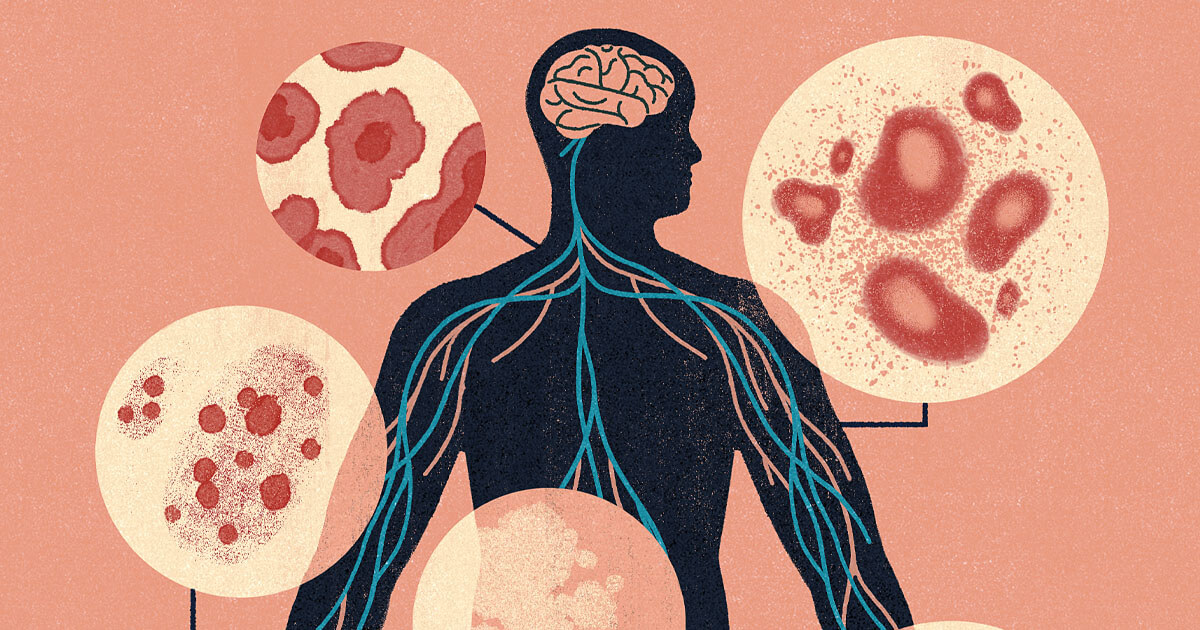Growing evidence links poor oral health to a higher risk of Alzheimer’s disease and other dementias. Keep your mouth healthy with these tips from June Sadowsky, DDS, professor at UTHealth School of Dentistry in Houston.
Brush properly. You should brush twice a day—in the morning and before going to bed at night. It's best to use an electric toothbrush and allow it to clean each tooth. Dr. Sadowsky advises her patients to brush for as long as it takes to sing “Happy Birthday” twice. Avoid a forceful back-and-forth motion, which can be hard on tooth enamel.
Floss regularly. Floss at least once a day or every time you brush. Some people find it easier to use a soft gum pick instead of floss to clean between their teeth. Dr. Sadowsky does not recommend water picks. They remove food particles, she says, but not the plaque, which contains bacteria that cause gum disease and cavities.
Consider mouthwash. Mouthwash makes the mouth feel and smell fresh. Your dentist may suggest a specific type of mouthwash depending on your oral profile.
Ask about fluoride. Many public water systems are fluoridated to help prevent cavities. Your dentist may recommend brushing or rinsing with a product that contains fluoride as an extra measure.
Eat crunchy foods. The chewing motion involved in eating crisp produce such as raw carrots and apples is important for oral health, and research suggests it also may help maintain cognitive function.
Limit sweets. Sugar can promote cavities. Don't suck on hard candy or mints. If you need cough drops, try sugar-free brands.
Drink plenty of water. Reduce your consumption of sugary and acidic drinks (such as orange juice and coffee), which can erode enamel, in favor of water.
Avoid tobacco. People who smoke have an increased risk of tooth decay, gum problems, and losing teeth, according to the Centers for Disease Control and Prevention. If you smoke, ask your doctor or neurologist about programs that help people quit.
Schedule checkups. Visit the dentist at least twice a year to be examined for cavities and gum disease. Visit more often if you tend to build up plaque or have a history of gum problems.
Keep your dentist informed. Tell your dentist if you are on new medications or have a new medical diagnosis. Report problems such as dry mouth or swallowing difficulties.
Address problems. If a tooth breaks, get it fixed or replaced as quickly as possible. If you wear dentures, make sure they fit properly.
Read More
Research Suggests Good Oral Health May Reduce Risk of Cognitive Decline

